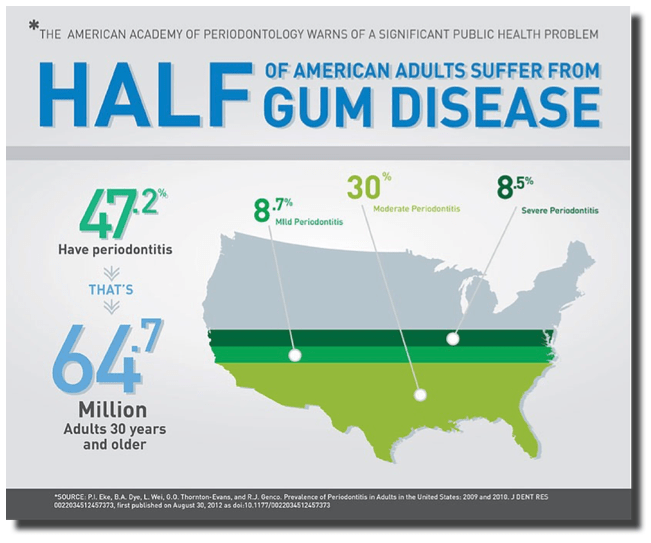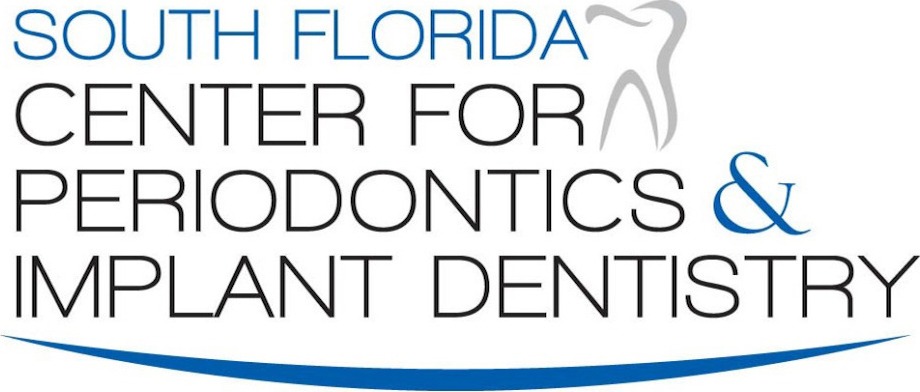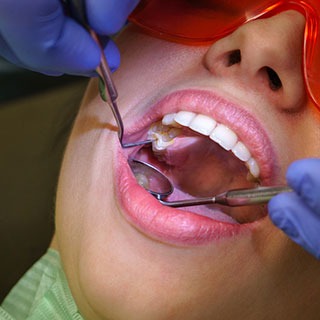Gum Disease Treatment Near Boca Raton
What is Periodontal (Gum) Disease?
Periodontal diseases are infections of the gum that can present, at least initially, without obvious symptoms. Left untreated, these infections can gradually destroy the support of your natural teeth leading to tooth loss.
Additionally, a substantial and increasing number of studies are showing strong links between periodontal disease – even in its early stages – and serious systemic (affecting the body) diseases including heart disease, stroke, diabetes, pre-term low birth weight babies, cancer, obesity, brain abscesses, pneumonia, erectile dysfunction and Alzheimer’s disease.

Once gum disease starts, professional intervention is necessary to prevent its progress.
How do you know if you have periodontal (gum) disease?
Gum disease, especially in its early stage (known as gingivitis), can develop with little-to-no symptoms. However, there are several warning signs that can indicate that you may be experiencing some form of periodontal disease:
- Tender, red or swollen gums that bleed easily during brushing
- Gums that appear to have separated from your teeth or expose tooth roots
- Bad breath or bad taste in your mouth
- Loose or shifting teeth that have created spaces that weren’t seen before
- A change in the way a dental appliance fits
- A change in the way your teeth meet when you bite down
The most important thing to remember is that your gums should not bleed during brushing, flossing or other activities, even if you are taking anticoagulants. Also, losing teeth is not a normal part of the aging process. It occurs as a result of trauma, disease, periodontitis or decay. If you are concerned about losing your teeth, call your dentist or our office for evaluation.
There are risk factors that can increase your likelihood of developing periodontal disease. These include:
- Family history (genetic predisposition) of periodontal disease or tooth loss due to gum disease
- Heavy cigarette smoking (more than 20 cigarettes per day for 10 years)
- Uncontrolled diabetes
- Poor oral hygiene
Factors that do not significantly increase risk for periodontal disease include:
- Osteoporosis
- Well controlled diabetes
- Age
- Most medications
Patients that have active periodontal disease and/or are heavy cigarette smokers are far more likely to have complications and bone loss around dental implants. Implant patients that have treated periodontal disease are still at somewhat greater risk for bone loss on implants but are significantly less likely than those with active periodontitis.
Read more about periodontal therapy here.
Contact Us Today to schedule an exam at 561-912-9993.
You do not need a referral to call us.
For financing options, Click here to learn more or call our office.






